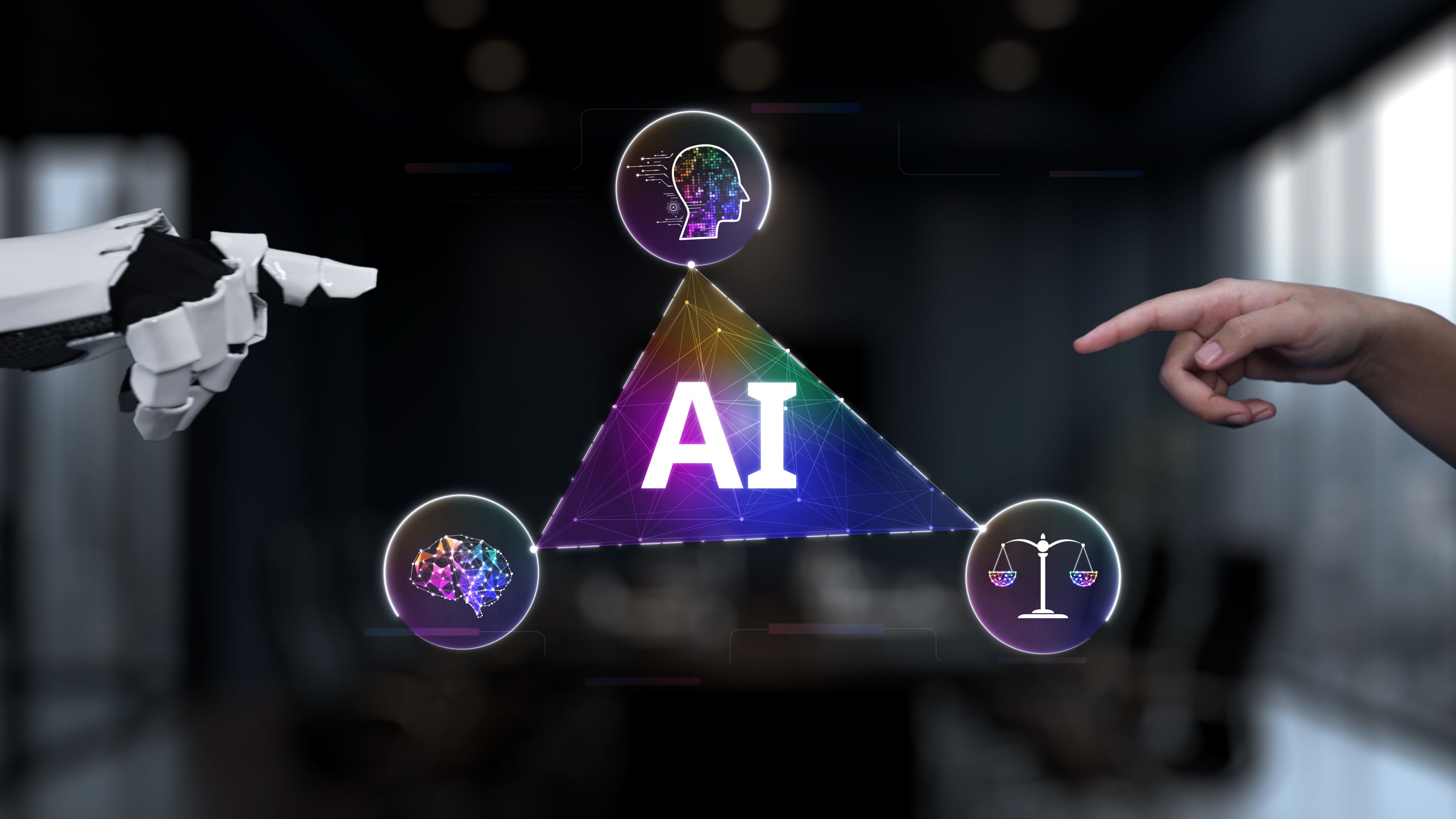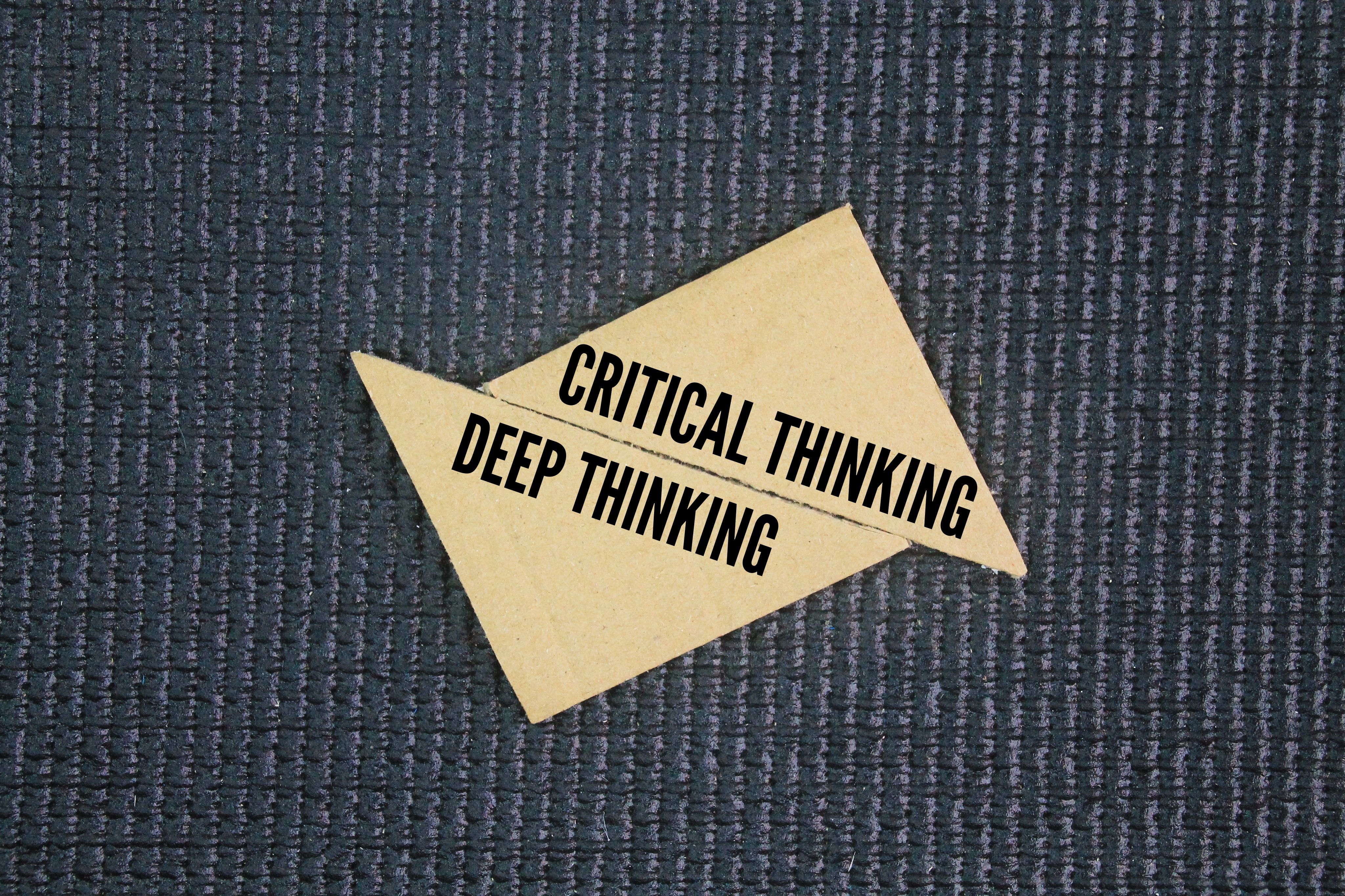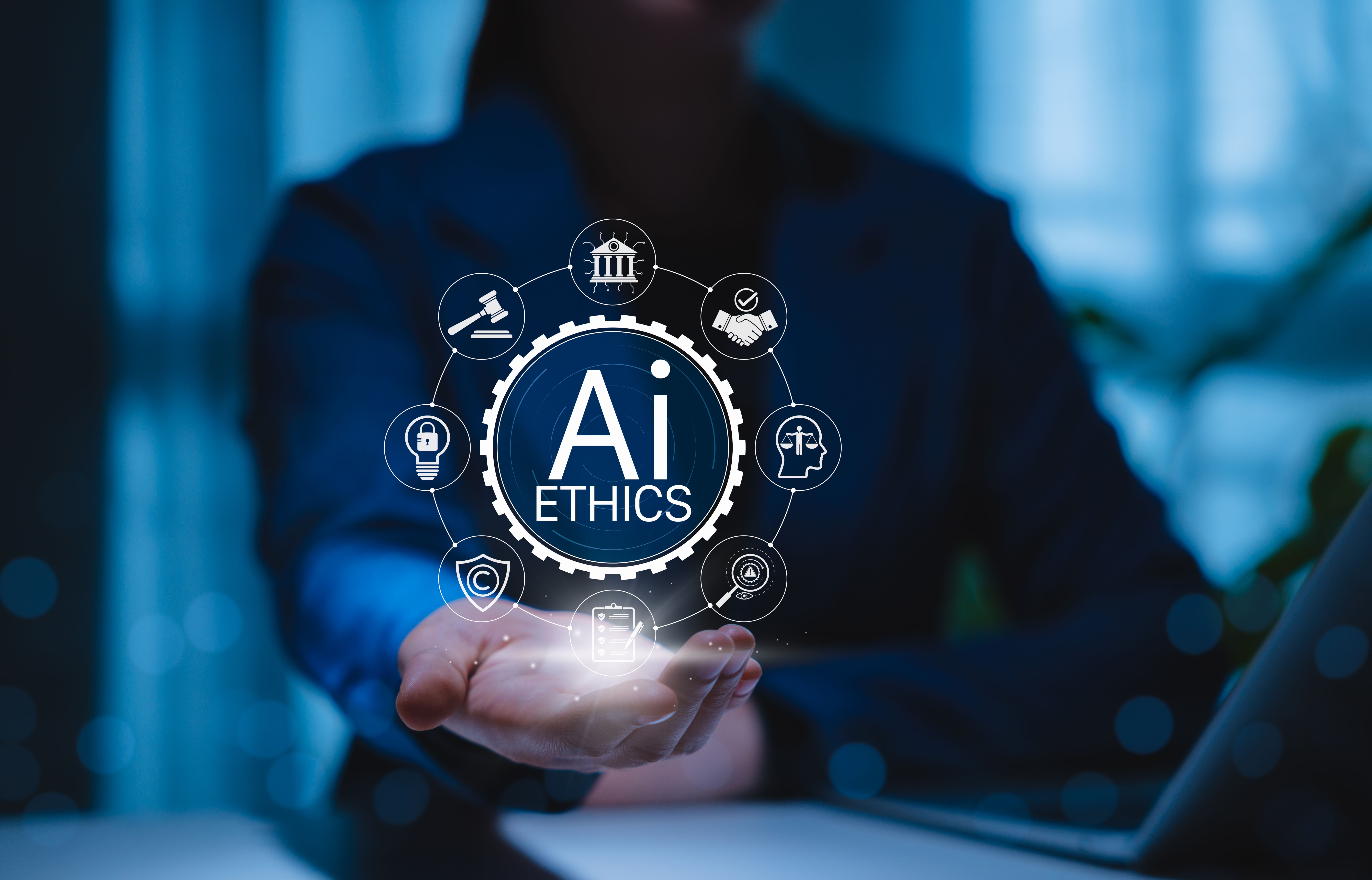Exploring the Philosophical Dimensions of Artificial Intelligence
JT
The Intersection of Philosophy and AI
Artificial Intelligence (AI) is not just a technological marvel; it is a subject that invites deep philosophical inquiry. At its core, AI challenges our understanding of intelligence, consciousness, and even humanity itself. As AI continues to evolve, it forces us to confront questions that philosophers have grappled with for centuries.

The integration of AI into various aspects of life raises fundamental questions about the nature of intelligence. Traditionally, intelligence has been considered a uniquely human trait. However, as machines become increasingly capable of performing tasks that require intelligence, such as learning, reasoning, and problem-solving, we must reconsider our definitions and assumptions.
The Nature of Consciousness
One of the most profound philosophical debates surrounding AI is whether machines could ever achieve consciousness. Consciousness is often seen as an essential characteristic of human existence, involving self-awareness and subjective experience. If AI were to develop consciousness, it would not only redefine what it means to be conscious but also challenge the boundaries between human and machine.
Some philosophers argue that consciousness is tied to biological processes and cannot be replicated in machines. Others suggest that if a machine can mimic human behavior and experiences closely enough, it could be considered conscious. This debate highlights the blurred line between simulation and reality in the realm of AI.

Ethical Implications of AI
The rise of AI also brings with it a host of ethical considerations. As machines take on roles traditionally performed by humans, questions about responsibility, accountability, and moral agency emerge. For instance, if an autonomous vehicle causes an accident, who is responsible? The developer, the owner, or the machine itself?
Moreover, AI systems can inherit biases from their creators or data sets, leading to ethical dilemmas in decision-making processes. It is crucial to ensure that AI development aligns with ethical standards to prevent harm and promote fairness across society.

AI and Human Identity
Another philosophical dimension of AI is its impact on human identity and self-perception. As AI systems become more integrated into our daily lives, they influence how we perceive ourselves and our capabilities. The potential for AI to enhance or even replace certain human functions raises questions about what it means to be human in an increasingly automated world.
Furthermore, the development of AI-driven companions and virtual assistants challenges traditional notions of relationships and companionship. As people form emotional bonds with these entities, it prompts reflection on the nature of connection and authenticity in human interactions.
The Future of Human-Machine Interaction
Looking ahead, the relationship between humans and AI will continue to evolve. The future may see deeper integration of AI into various fields, from healthcare to education and beyond. As this occurs, ongoing philosophical exploration will be essential to navigate the complexities that arise.
The philosophical dimensions of AI offer rich terrain for exploration and debate. By engaging with these questions, we can better understand the implications of AI for our society and ourselves. As we move forward into a future shaped by artificial intelligence, maintaining a philosophical perspective will help ensure that technology serves humanity's best interests.
